1. The Rookies (1972–1976)
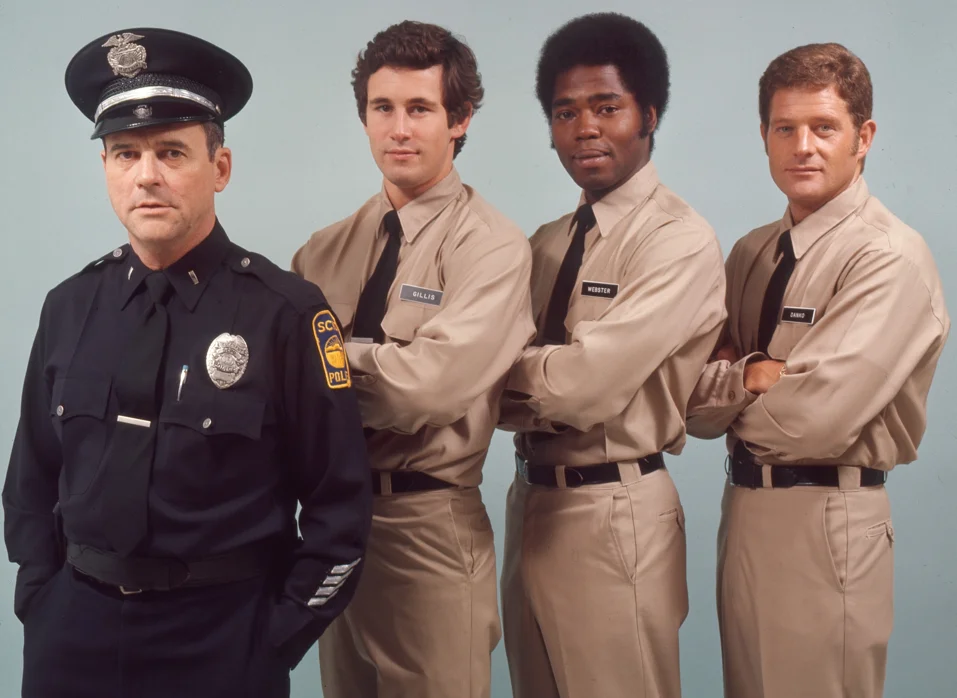
Before CHiPs or Hill Street Blues hit the airwaves, The Rookies paved the way for cop dramas that mixed heart with action. It followed three young police officers fresh out of the academy and tackled everything from social unrest to personal dilemmas, all while throwing in plenty of car chases for good measure.
It may not be as widely remembered today, but back in its prime, it was a Monday night staple. Kate Jackson even got her big break on the show before moving on to Charlie’s Angels. The series stood out for focusing on the emotional toll of police work just as much as the job itself. And with Aaron Spelling as a producer, it had that unmistakable ’70s polish. You’d be surprised how many tropes from later shows started right here. It was gritty, idealistic, and totally binge-worthy if it ever hits streaming.
2. The White Shadow (1978–1981)
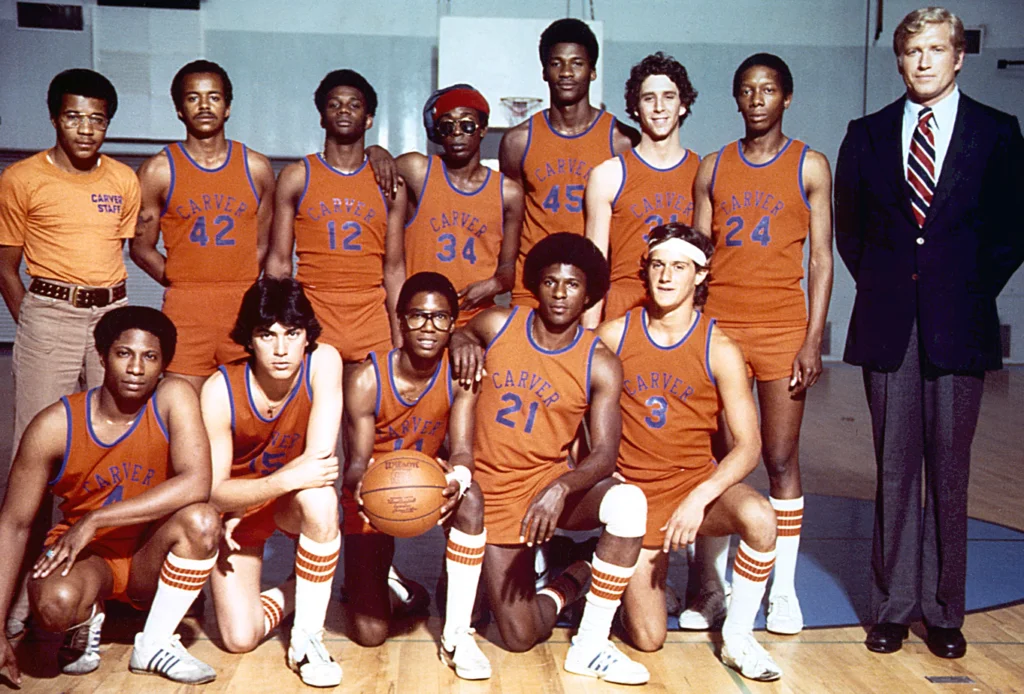
This wasn’t just a sports drama—it was one of the first network shows to feature a predominantly Black cast in leading roles. The White Shadow starred Ken Howard as a former NBA player coaching at an inner-city high school, and it didn’t shy away from real issues like racism, drug use, and poverty.
It had a surprisingly big cultural impact and developed a loyal following, even though it’s rarely brought up today. The character-driven storytelling gave it depth beyond the typical sports show formula. The students on the team were more than background players, and their arcs gave the show its soul. Many critics now look back at it as being ahead of its time. It walked the line between heartwarming and hard-hitting, and it deserves a second look. You may not remember every game, but you’ll remember the lessons.
3. Family (1976–1980)
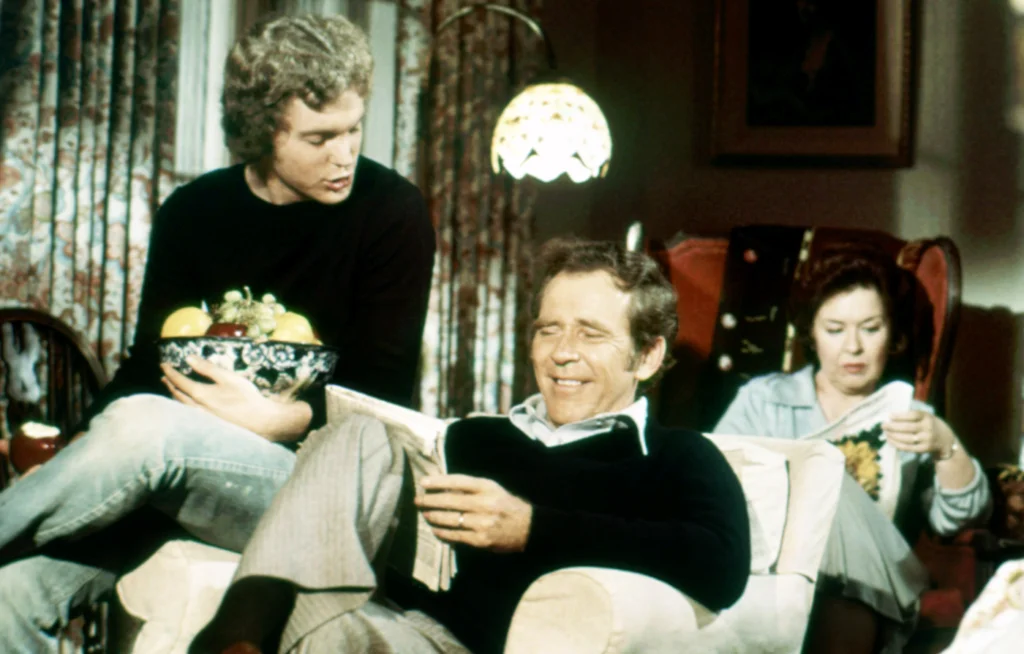
Before This Is Us made us cry weekly, Family was breaking hearts and exploring complicated emotional territory on prime-time TV. It centered on the Lawrence family, who lived in Pasadena and dealt with all the ordinary and extraordinary problems of suburban life.
It wasn’t flashy or filled with twists, but that was the beauty of it—it felt real. Sada Thompson and James Broderick brought quiet strength to their roles as parents, and a young Meredith Baxter shined as the older daughter. The show handled topics like divorce, illness, and loss with nuance, which was rare for the time. It had a slow-burn emotional pull that made it feel more like a novel than a series. Even though it quietly faded from the spotlight, its influence can be seen in many dramas that came after.
4. Quincy, M.E. (1976–1983)
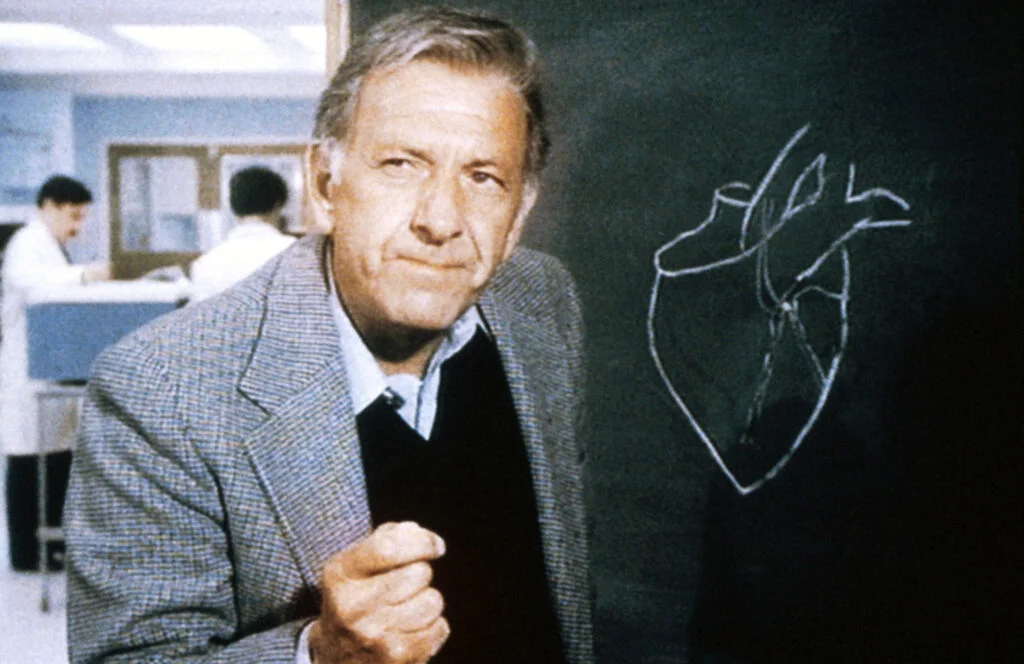
Long before CSI and Bones turned forensic science into primetime gold, Quincy, M.E. was already doing it—just with a bit more polyester. Jack Klugman played the gruff but lovable medical examiner who couldn’t just stick to the lab. He had to solve the mystery himself, often getting under everyone’s skin in the process.
The show took on surprisingly heavy issues for its time, from mental health to pollution to elder abuse. It managed to mix social commentary with murder investigations in a way that felt both urgent and thoughtful. Klugman’s performance gave the show heart and a sense of justice. While today it’s overshadowed by slicker crime dramas, Quincy, M.E. was truly a pioneer. It helped audiences see how science and compassion could intersect. And let’s face it, nobody argued quite like Quincy.
5. Barnaby Jones (1973–1980)
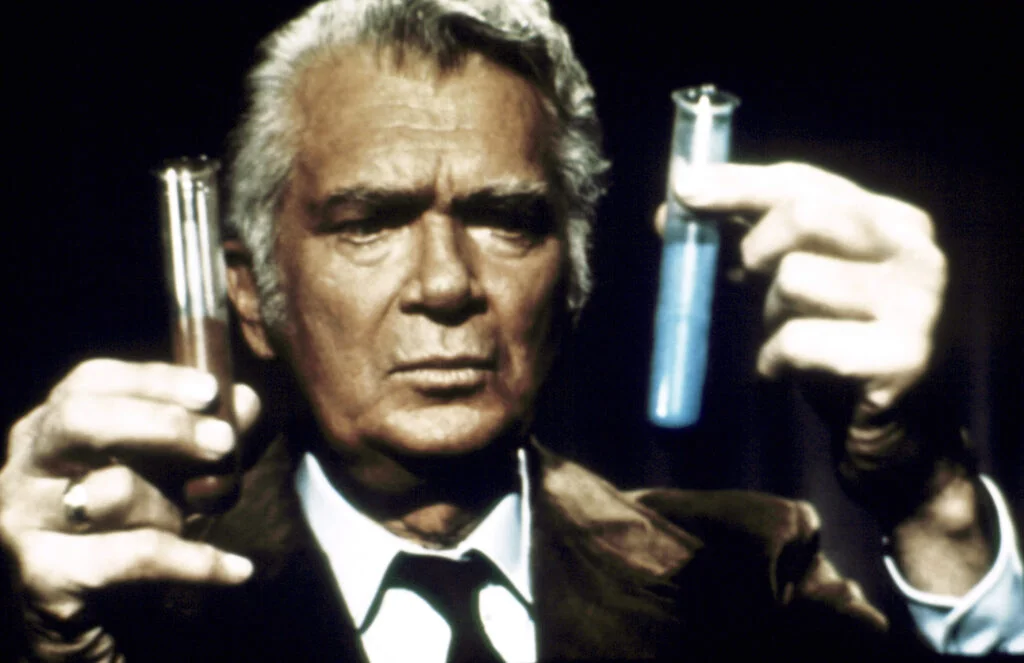
Imagine if your grandpa solved murders for a living—and was surprisingly great at it. That was the whole premise of Barnaby Jones, with Buddy Ebsen in the title role, playing a retired private eye who comes back to the job after his son is killed.
You’d think a silver-haired sleuth wouldn’t be exciting TV, but Ebsen brought a calm confidence that made him fun to watch. He wasn’t flashy, but he got the job done, often alongside his daughter-in-law, played by Lee Meriwether. The show was a consistent performer in the ratings for years. And while it didn’t get the same pop culture attention as Columbo or Kojak, it was just as beloved in its day. It was smart, steady, and oddly comforting. There’s something refreshing about a hero who solves problems with his brain instead of his fists.
6. Soap (1977–1981)
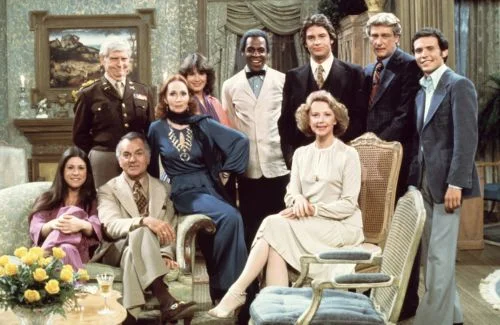
This one’s impossible to explain without sounding like you’re making it up. Soap was a parody of daytime soaps, but it had more outrageous twists than any real one—alien abductions, ventriloquist dummies with attitudes, and enough family drama to fuel a dozen shows.
Billy Crystal got his big break here playing one of the first openly gay characters on network TV. It was wildly controversial at the time, but also critically acclaimed for its boldness. Despite all the absurdity, the show had heart and moments of real emotional depth. It poked fun at TV tropes while also becoming one of the most unpredictable, addictive shows on air. It burned bright and fast, and then quietly faded. But if you saw it, you never forgot it.
7. The Courtship of Eddie’s Father (1969–1972)
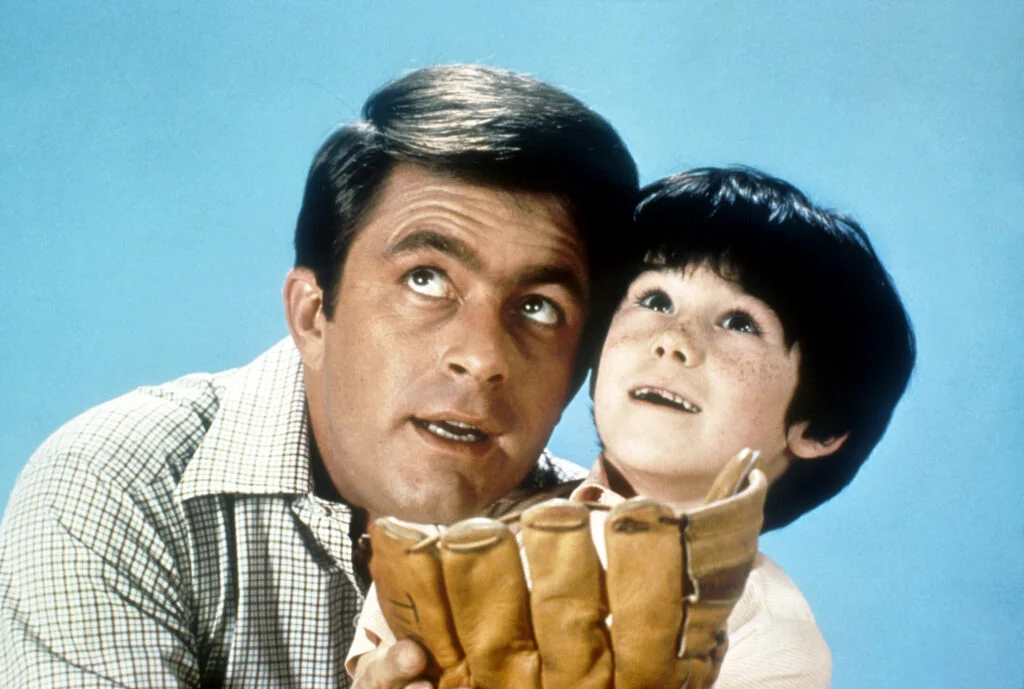
Technically it started in the tail end of the ’60s, but most of its popularity came in the early ’70s. Bill Bixby played a widowed magazine editor raising his son, and the show struck a rare balance between sweetness and sincerity without being saccharine.
It explored single fatherhood in a way that felt fresh and relatable, especially for the time. Young Brandon Cruz as Eddie stole every scene, and the relationship between father and son was the heart of the show. It didn’t rely on slapstick or gimmicks, just gentle storytelling and genuine emotion. The theme song alone could make you tear up if you were feeling sentimental. While it doesn’t get talked about as much anymore, it was beloved in its day. And it quietly paved the way for more emotionally intelligent family sitcoms.
8. McCloud (1970–1977)
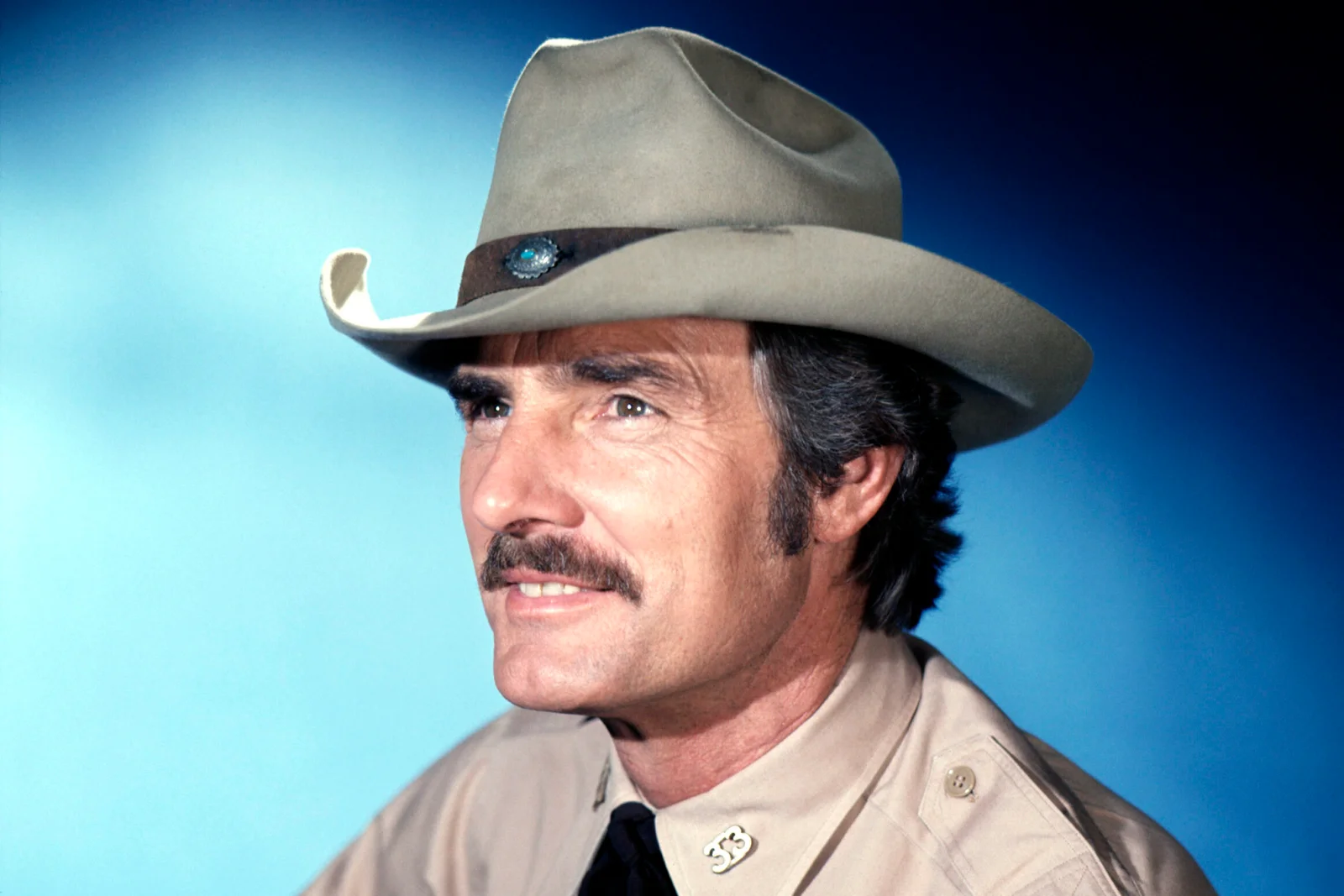
Part of the NBC Mystery Movie lineup alongside Columbo and McMillan & Wife, McCloud was the cowboy cop in the big city. Dennis Weaver played a New Mexico lawman working with the NYPD, and yes, he wore his cowboy hat the whole time.
It was a fish-out-of-water premise that somehow totally worked. McCloud’s folksy charm and smarts often put his slick city colleagues to shame. The show had action, humor, and plenty of personality. While it was popular during its run, it doesn’t get the same retro rerun love as its counterparts. Still, it ran for seven seasons and left its mark. And let’s be honest, that cowboy-in-Manhattan vibe was unforgettable.


